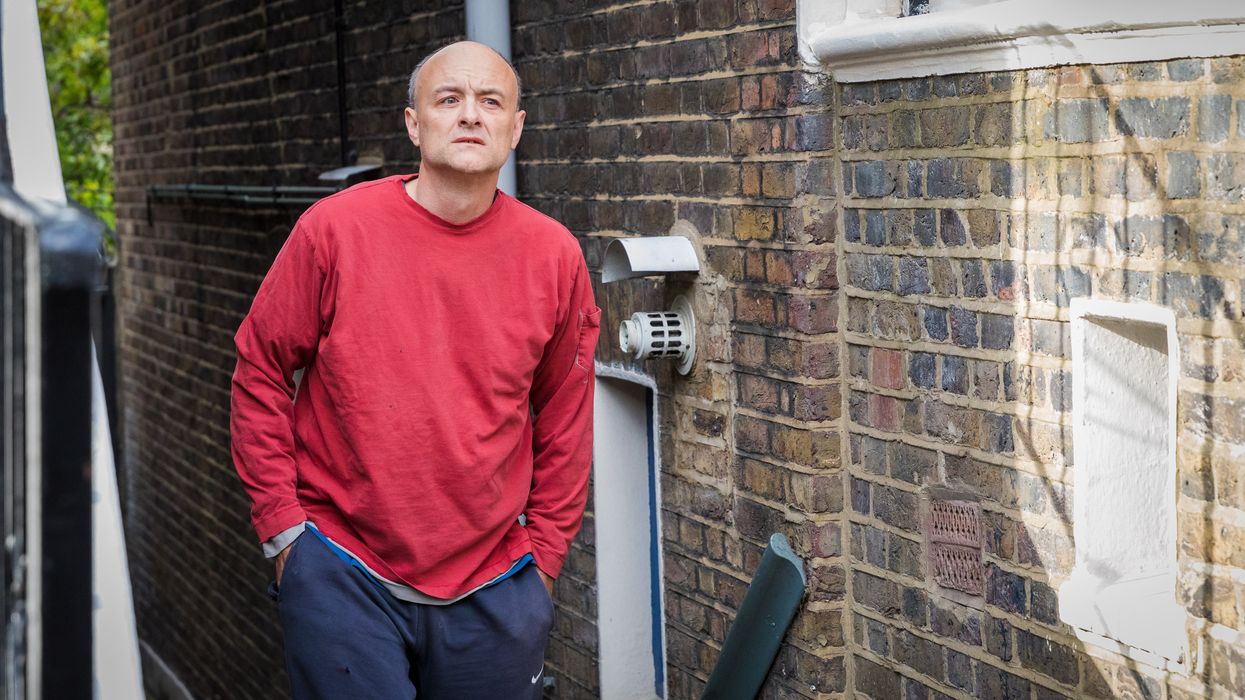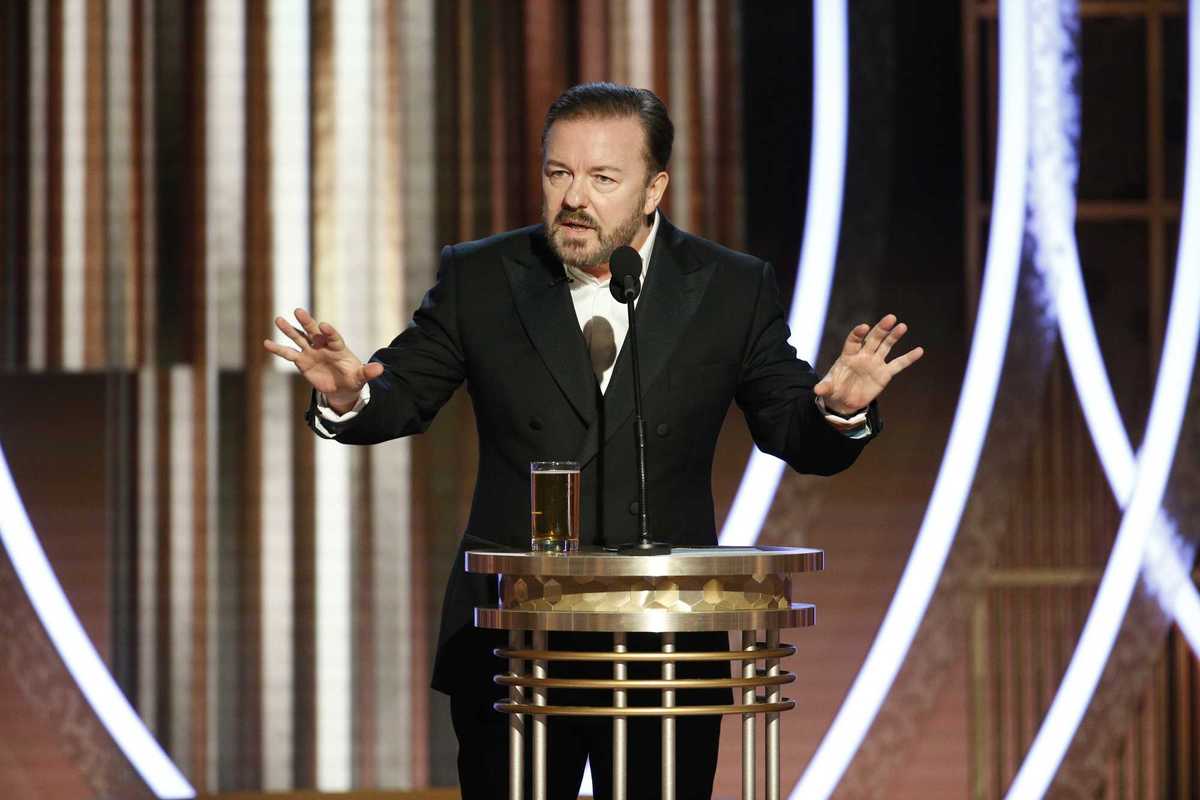News
Kate Plummer
May 23, 2021
When everyone else was preparing for Eurovision, Dominic Cummings was seething.
Angry with Boris Johnson, angry with the government and with a Twitter account within reach, he decided to tell his story.
So, thumbs tapping away at his phone, he posted a series of tweets about the government’s handling of the coronavirus crisis and in doing so set the news agenda for the weekend while providing a great tease for what we can expect from his parliamentary appearance next week.
But what exactly is going on? Here’s everything you need to know:
What does Dominic Cummings allege?
Freed from the shackles of his role as a Downing Street aide, Cummings has gone on what can only be described as a mad one and is sticking the boot into the government for saying that it never pursued a herd immunity strategy to deal with coronavirus.
Writing on Twitter on Saturday, Cummings said: “The media have been generally abysmal on Covid, but even I’ve been surprised by one thing: how many hacks have parroted Hancock’s line that ‘herd immunity wasn’t the plan’ when ‘herd immunity by September’ was literally the official plan in all docs/graphs/meetings until it was ditched.”
He also criticised Health Secretary Matt Hancock and slammed the government’s “appalling ethics” in terms of their “lies” about the strategy.
Have a look at what he had to say for yourself:
What is a herd immunity strategy and why is it controversial?
A herd immunity strategy is one in which Covid-19 is allowed to spread throughout the population without a lockdown in the hope that it runs its course when enough people are infected with it and develop antibodies.
It’s what Sweden chose to do, though since last November they have tightened restrictions and people may now only meet in groups of eight, and it’s controversial as critics say it leads to excess deaths and puts pressure on health services.
For Covid the estimated threshold for herd immunity is at least 65-70%.
Did the UK ever pursue a herd immunity strategy?
The government have denied it, but there is some evidence that could back up Cummings’ claims.
In a 5 March 2020 interview Boris Johnson said there was “a need to strike a balance” in imposing restrictions that would flatten the peak of the pandemic to reduce strain on the NHS but allow “the disease, as it were, to move through the population”.
At a press conference on 12 March, the UK’s chief science adviser, Sir Patrick Vallance said: “It’s not possible to stop everybody getting it [the virus] and it’s also actually not desirable because you want some immunity in the population.”
And speaking to BBC Radio 4’s Today programme around the same time, he said the thinking behind the government’s approach was to try to “reduce the peak”, and because most people would only get a “mild illness”, to “build up some degree of herd immunity… so that more people are immune to this disease and we reduce the transmission”.
At the time, Hancock told the media that it wasn’t the policy, but the BBC claimed in July they had seen notes to the contrary.
And talking to the BBC in July 2020, Prof Ian Hall, an epidemiologist, who attended multiple Sage meetings said reaching herd immunity by allowing the virus to spread through the population “was on the table” but added it was never realistic because the government would always act to reduce the number of deaths.
What has the government response been like?
As said, government officials have thus far denied Cummings’ claims. Speaking on the BBC’s Andrew Marr Show, Home Secretary Priti Patel said the claims were not true.
“Our strategy was always about protecting public health, saving lives and protecting the NHS,” she said.
“Absolutely all colleagues involved in those meetings and discussions, working with the chief scientist and the chief medical officers, absolutely recognised that from the very difficult discussions that we had.
“At the time of a crisis when government is making very, very tough decisions, difficult decisions, we put public life and protecting the public at the forefront of all those decisions.”
Meanwhile, former deputy chief medical officer Jenny Harries said she had never heard herd immunity discussed as a strategy.
“I’ve never been in a government meeting where herd immunity was put forward as a method of control,” she said, adding that she was not in all meetings.
A Downing Street spokesperson told The Guardian: “Herd immunity has never been a policy aim or part of our coronavirus strategy. Our response has at all times been focused on saving lives and ensuring the NHS was not overwhelmed. We continue to be guided by the latest scientific advice.”
How else has Cummings criticised the government?
This is the latest in a string of accusations coming from Cummings. He has accused the PM of a “mad and totally unethical” scheme to get Tory donors to pay for a Downing Street flat refurbishment, and claimed Mr Johnson had refused to accept a leak inquiry to protect a friend of Carrie Symonds.
When will we know more?
Cummings is due to speak at a parliamentary committee meeting on Wednesday at a session headlined Coronavirus: Lessons Learnt, and is expected to accuse Johnson of being responsible for excess deaths during the pandemic.
He is also expected to say Johnson missed meetings on the crisis because he was writing a book about Shakespeare...
We’ve got our popcorn ready, have you?
Top 100
The Conversation (0)














